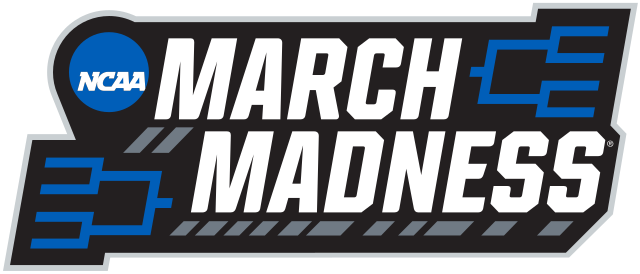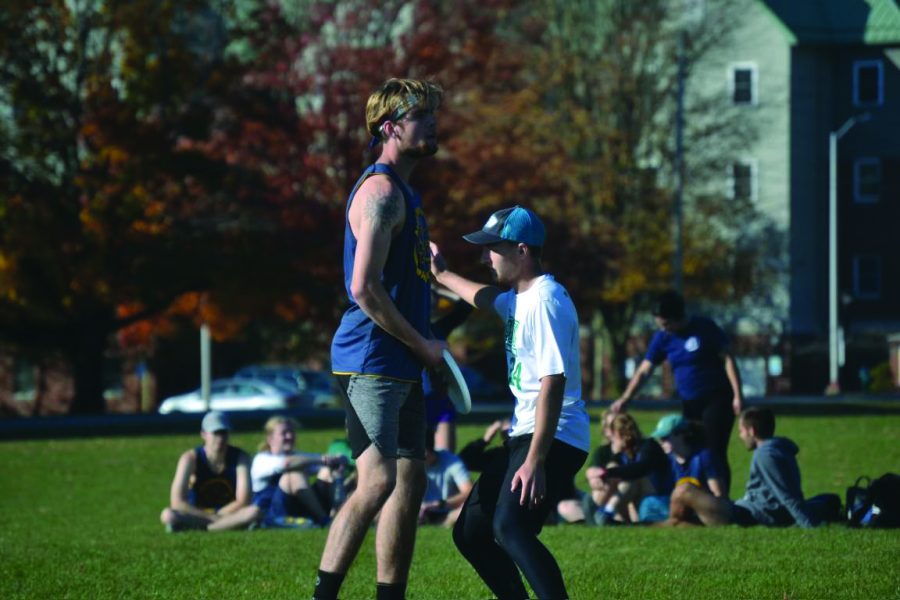Greg Epstein, Humanist Chaplain at Harvard, came to Allegheny Monday to give a presentation on his position and the emerging role of the Atheist and Agnostic community in the U.S. The idea to bring him came from Jane-Ellen Nickell, Allegheny’s Chaplain, and Anu Venkatram, an Inter-Faith Fellowship leader and one of the founding members of Society for Hindu and Buddhist Students.
“I heard him at a ministry conference a few years ago,” Nickell said. ”And then Anu Venkatram, who is one of the IFF leaders heard him at Interfaith Youth Core conference two years ago. She thought he had a really important message about the inclusion of Humanists and Atheists and Agnostics in interfaith work, and she said we really need to bring him to Campus. And I said, okay, we’ll do it.”
Venkatram also said she hoped that his presentation would help mobilize Atheists and Agnostics on campus.
“One of my concerns since coming here was that there wasn’t an organization for people who are non-religious,” she said. “I hoped that having him come here and talk about the community that he built [at Harvard] would inspire people here to come together and form a group.”
Nickell hoped Epstein would bring attention to the role of Atheists and Agnostics in the interfaith community and the changing nature of college chaplaincy.
“We’ve asked him to talk about […] the place of people who believe in doing good and contributing to the good of society, for each other and for humanity, for motivation other than religious belief. But we also wanted to tie in with The Year of Transforming Education, so we’ve asked him to […] frame that idea in terms of college chaplaincy […] and how Chaplaincy is changing as we see more and more students who call themselves “unaffiliated.””
Epstein explained the history of the term “chaplain,” and how “humanist chaplain” is not a contradiction in terms.
“[Chaplain] is a word that originated with Christianity and is a term commonly associated with Christianity, but we now have many types of Chaplains,” Epstein said. “It’s the person that people at these institutions go to to discuss important questions: meaning of life, why am I here, what kind of life do I want to lead, who is my community. And so we should probably serve other people than just Christians because there seem to be a lot of non-Christians in this country and that might not be such a terrible thing.”
Ferrick started out as a Catholic priest and became a chaplain at Dartmouth College. However, he became disenchanted with the church’s conservative stance on many issues and eventually lost his faith in God. Ferrick then became a chaplain for humanists and agnostics at Harvard, performing the same community-building services and counseling that he previously had done for religious students.
Epstein defined Humanism as, “in short, Good without God…if you put the emphasis on Good, and not ‘without God.'”
He gave a list of principles of humanism that the Humanist Community at Harvard came up with: reason, compassion, creativity, justice, awareness, integrity, equality, environmentalism, feminism, scientific progress and pluralism.
Epstein also discussed the growth of the atheist and agnostic community in the United States and the necessity of acknowledging them as a demographic by including them in the religious community and interfaith work, a sentiment echoed by Nickell.
“We’re not all the same religion anymore. More and more students are non-religious. So, how do we deal with the needs of those students?” she asked.
Christopher Lundberg, professor of mathematics and biology, said that he enjoyed Epstein’s talk.
“I thought he was great,” Lundberg said. “I thought he had a very good way of succinctly trying to put that […] what are we rather than continually being defined by what we are not.”
Molly Little, the Coalition for Christian Outreach campus ministry representative on campus and the advisor for Allegheny Christian Outreach said in an email, “Do I think that Christians and Atheists, Agnostics, and Humanists can get along? Yes. Do I think that we can have meaningful relationships and interesting conversations? Yes. Can we serve together? Yes. But it saddens me a little to think that a person would spend his or her life striving to be loving, just, kind, compassionate, pursuing peace and service to others, and miss knowing and being in relationship with The One who is Love, who is Just, who is Kind, who is Compassion, who is Peace – because they don’t believe that He exists. If God exists, and I think He does, He is the essence and embodiment of All that is Good.”
Little is also supportive of forming an Atheist and Agnostic club.
“I think it’s fine that students at Allegheny are trying to form an Atheistic/Agnostic club. Students should be able to come together around any cause or purpose, even if it’s different than what I believe,” Little said. “I love that Allegheny is a place that welcomes differences of opinions, and that we can disagree with each other, but still sit at the same table – and be friends even.”









Ken M. • Apr 16, 2013 at 6:45 pm
Why do we need to state that the speaker is a human being?
Nick • Mar 10, 2013 at 10:16 am
Man, sometimes it also saddens me that because I don’t know or because I’m not in a relationship with The One who is Love, that I can only “strive” to be loving, just, kind, compassionate, pursue peace and service to others.
The comment about Christians and humanists, atheists, and agnostics could have just ended at agreeing that both groups can cooperate and get along. There’s no need to say that because someone identifies with a different (lack of) religion than you that it makes you sad.
As someone who is a campus ministry representative and an advisor for ACO, you think that Molly would be more accepting of other (lack of) religions, and not saddened by them.
Guest • Mar 10, 2013 at 2:08 pm
truth is Truth, because I say it is.